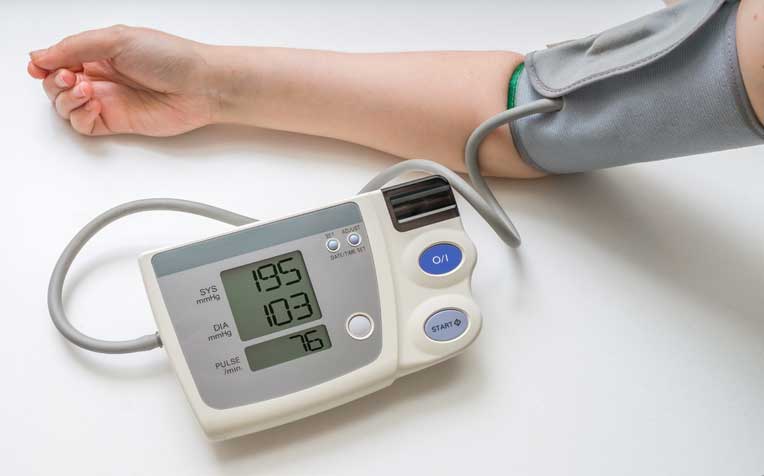1. Managing high blood pressure requires a trusting doctor-patient relationship, proper medication, and lifestyle changes.
2. High blood pressure is often symptomless but can lead to serious complications if left uncontrolled.
3. "White coat syndrome" can affect blood pressure readings; home monitoring may provide more accurate measurements.

High blood pressure is known as a 'silent killer' as there are usually no obvious symptoms in those who have it.
When he was first diagnosed as suffering from high blood pressure, Mr H Teow Seng was a little scared. “I had already been diagnosed with diabetes about two years before that,” he said. “I was worried that if I didn’t control these conditions, my health would worsen.” But the medication his doctor prescribed didn’t agree with him. “I felt giddy and light-headed,” Mr H said.
Managing high blood pressure is not just about taking medication
Side effects with blood pressure medications are common but mostly mild, said Dr Sng Wei Kwan, Associate Consultant, SingHealth Polyclinics – Outram, a member of the SingHealth group. “Some patients might experience side effects such as lower limb swelling, light-headedness or a dry cough. While most of them are not dangerous, patients should inform their doctor who will adjust or change the medication to eliminate or minimise any side effects,” he said.
Mr H saw another doctor and tried again. But the new medication he was prescribed was no better. It was not until he went to his local polyclinic in Marine Parade that he met a doctor who started him on the right medication. Now, the 73-year-old is happy with the four anti-hypertensives which are keeping his blood pressure under control.
“It’s not just about taking medication. To manage a chronic condition like high blood pressure, you need to have a trusting relationship with your doctor,” said Mr H. “You need to listen to his instructions on how to take the medicine and follow his advice on lifestyle changes.” He takes his medication diligently and has cut down on snacks, and oily and salty food. Mr H likes his doctor so much that he continues to consult him even though the doctor has left Marine Parade.
Manage high blood pressure to prevent complications like stroke and heart attack
There are usually no symptoms in patients with high blood pressure, which is why it is known as a “silent killer”. But uncontrolled high blood pressure can lead to complications like stroke, heart attack and kidney failure requiring dialysis.
“Some 95 per cent of patients suffer from essential or primary hypertension which has no specific identifiable cause. But there are risk factors relating to hypertension, like a family history of high blood pressure,” said Dr Sng. He advised those who are 40 and above to go for annual health checkups. If they discover that they have high blood pressure, they should adopt a healthy lifestyle, cut down on smoking and alcohol, watch their weight and exercise regularly.
They may also need to start taking medication to keep their blood pressure under control. “Pregnant women who suffer from pre-existing high blood pressure or develop hypertension during pregnancy require closer monitoring and should be managed by their obstetricians as they are at higher risk of developing complications,” added Dr Sng.
“It is important that the medication prescribed is tailored to the patient, depending on his pre-existing medical conditions and the allergies or adverse reactions he might have to certain drugs,” said Dr Sng.
He added that it is crucial for patients to take their medication regularly, to consult their doctors if they experience any side effects or have difficulty complying to the medication regime.
White coat syndrome and misreading blood pressure readings
Studies have shown that up to 25 per cent of patients have higher blood pressure readings than normal when their blood pressure is measured at a clinic. “This is referred to as white coat syndrome,” said Dr Sng. “The elevated blood pressure is usually due to the increased anxiety patients feel when visiting the doctor.”
To avoid a misdiagnosis of high blood pressure, doctors recommend that you take deep breaths and relax. “Don’t smoke or drink caffeinated drinks just before seeing the doctor,” said Dr Sng, as both can affect the reading. “It is best to rest for approximately half an hour before a blood pressure reading is taken.”If your reading is still not within target, your doctor might take the reading again.
He might also suggest that you monitor your blood pressure at home with an electronic blood pressure monitoring device, to get a more accurate measure of your normal blood pressure. This can avoid an unnecessary increase in the dosage of your medication or changes to your treatment.
Ref: U11
Contributed by


















 Get it on Google Play
Get it on Google Play